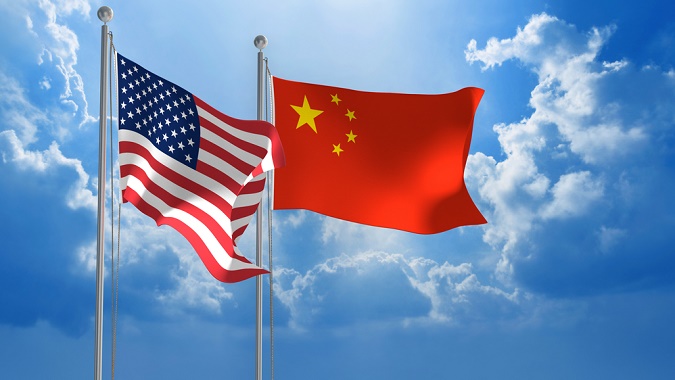
The U.S. Commerce Department will begin issuing licenses for Nvidia to resume exporting its H20 AI accelerator chips to China, according to reporting today from Reuters. Nvidia filed the necessary paperwork after recent assurances from federal regulators.
Reuters cited sources familiar with the matter who said the company expects approvals to cover shipments of the H20, a modified version of its advanced AI chips designed to comply with U.S. export controls that restrict the most powerful GPU models from reaching Chinese customers.
While Nvidia has not publicly disclosed shipment volumes or precise timelines, analysts estimate China accounted for approximately 20–25% of the company’s data center revenue prior to the latest restrictions. The move could help Nvidia recover a portion of the estimated $10–15 billion in sales that were at risk when Washington tightened rules in 2022.

Nvidia CEO Jensen Huang at COMPUTEX in Taiwan.
Shares of Nvidia rose 4.2% in morning trading on the news, and the rally extended to semiconductor peers and AI infrastructure companies.
While some investors are bullish, other market watchers note that shipment delays, compliance hurdles, or US–China policy shifts could temper momentum. Regulatory clearance does not guarantee immediate fulfillment of orders, and any escalation in trade tensions could once again disrupt exports.
The planned resumption marks a reversal of a major restriction intended to keep advanced AI chips out of China over national security concerns. The policy shift has already drawn rare bipartisan criticism in Washington, with several lawmakers questioning the decision.
Last week, Sen. Jim Banks (R‑IN) and Sen. Elizabeth Warren (D‑MA) sent a letter on July 11 to Nvidia CEO Jensen Huang ahead of his China visit. They urged him to avoid interactions with any Chinese companies tied to the Chinese military or intelligence, warning that such engagement “could legitimize companies that cooperate closely with the Chinese military or involve discussing exploitable gaps in U.S. export controls.”
Resuming shipments of the H20 is expected to help Chinese hyperscale cloud providers and research institutions maintain access to advanced GPU infrastructure for training large-scale AI models. While the H20 is less powerful than Nvidia’s flagship H100, it remains critical for sustaining demand in data center buildouts and AI workloads that rely on CUDA acceleration.
News of the resumed exports has already set off a scramble among Chinese firms to secure supplies of the chips, which remain the most capable models legally available in China despite performance limitations imposed by successive U.S. administrations.
The ongoing tension between enabling commercial AI development and enforcing export controls designed to limit China’s access to cutting-edge semiconductor capabilities is likely to continue shaping market expectations.
This article first appeared on our sister publication, HPCwire.

